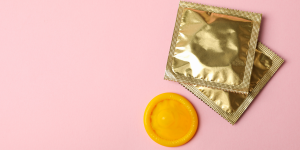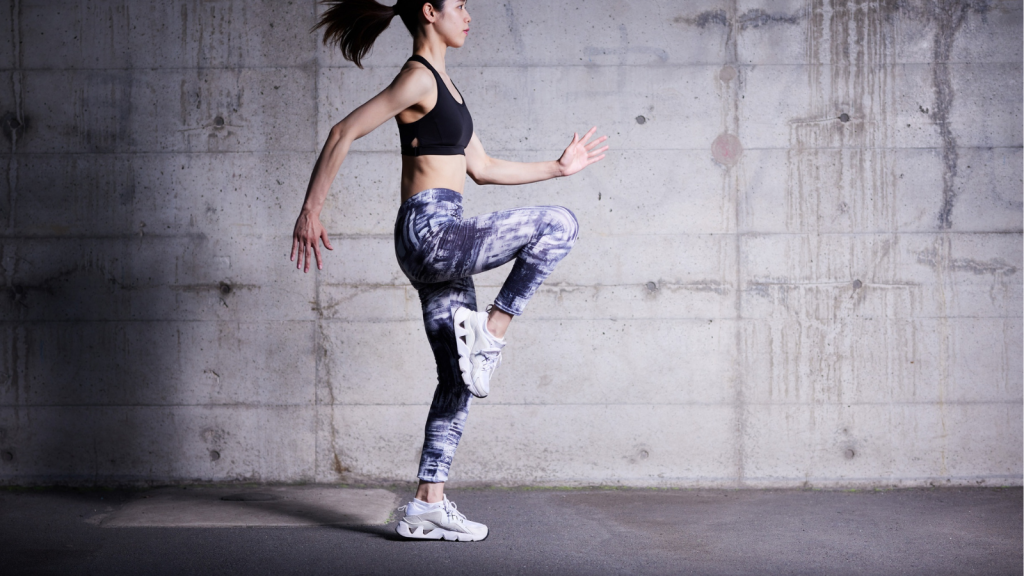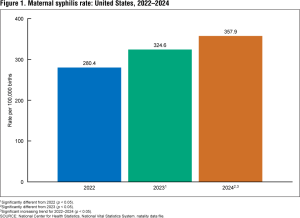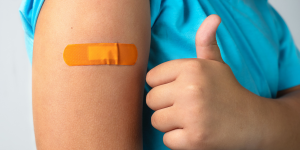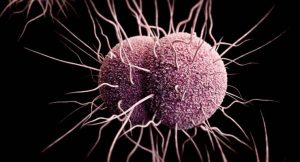There’s new research to suggest that the birth control pill can protect female athletes from ACL tears which is one of the most common knee injuries. While this may sound far-fetched, the science behind it is very interesting.
The ACL connects your thigh bone to your shin bone. It provides stability when you move sideways and makes sure that the shin bone can’t come too far forward. ACL tears are pretty common with an estimated 100,000—200,000 incidents each year in this country. This injury can be very painful and damage other structures in the knee. ACL tears cannot heal on their own; you can live with a minor tear, but more severe tears require surgery.
What’s really interesting is that until age 15 or 16, the number of ACL tears for males and females is similar, but then there’s a spike for females.
Scientists at Cedar Sinai’s Center for Research in Women’s Health and Sex Differences (CREWHS) hypothesized that a hormone called relaxin might be the reason. Relaxin is produced by the ovaries and by the placenta during pregnancy. Relaxin loosens your muscles, joints, and ligaments. This happens during pregnancy to help the pelvis stretch during delivery.
Relaxin is also released in the second half the menstrual cycle, after ovulation. By suppressing ovulation, the birth control pill also keeps relaxin levels low.
To determine whether low relaxin levels impacted women, the researcher recruited 72 high-level collegiate athletes. About half of them (32) were on the pill. Researchers collected blood to measure hormone levels, and tested looseness of the athletes’ ligaments by taking them through a series of physical activities. They specifically tested sideways joint movement which increases the risk of ACL injury.
They found that the athletes who were not taking the pill had different hip and knee movement during the second half of their menstrual cycle when relaxin levels are higher. This didn’t happen to the women on birth control who were able to land a jump with their hips straighter and more parallel.
They also found that the women who had lower relaxin levels because of the pill had fewer ankle sprains, ankle strains, meniscal tears, and knee hyperextensions during the study.
These finding suggest that hormonal birth control can be protective against injury for female athletes. Of course, the authors note that most research on athletes is done on men so there is a lot we still don’t know.
